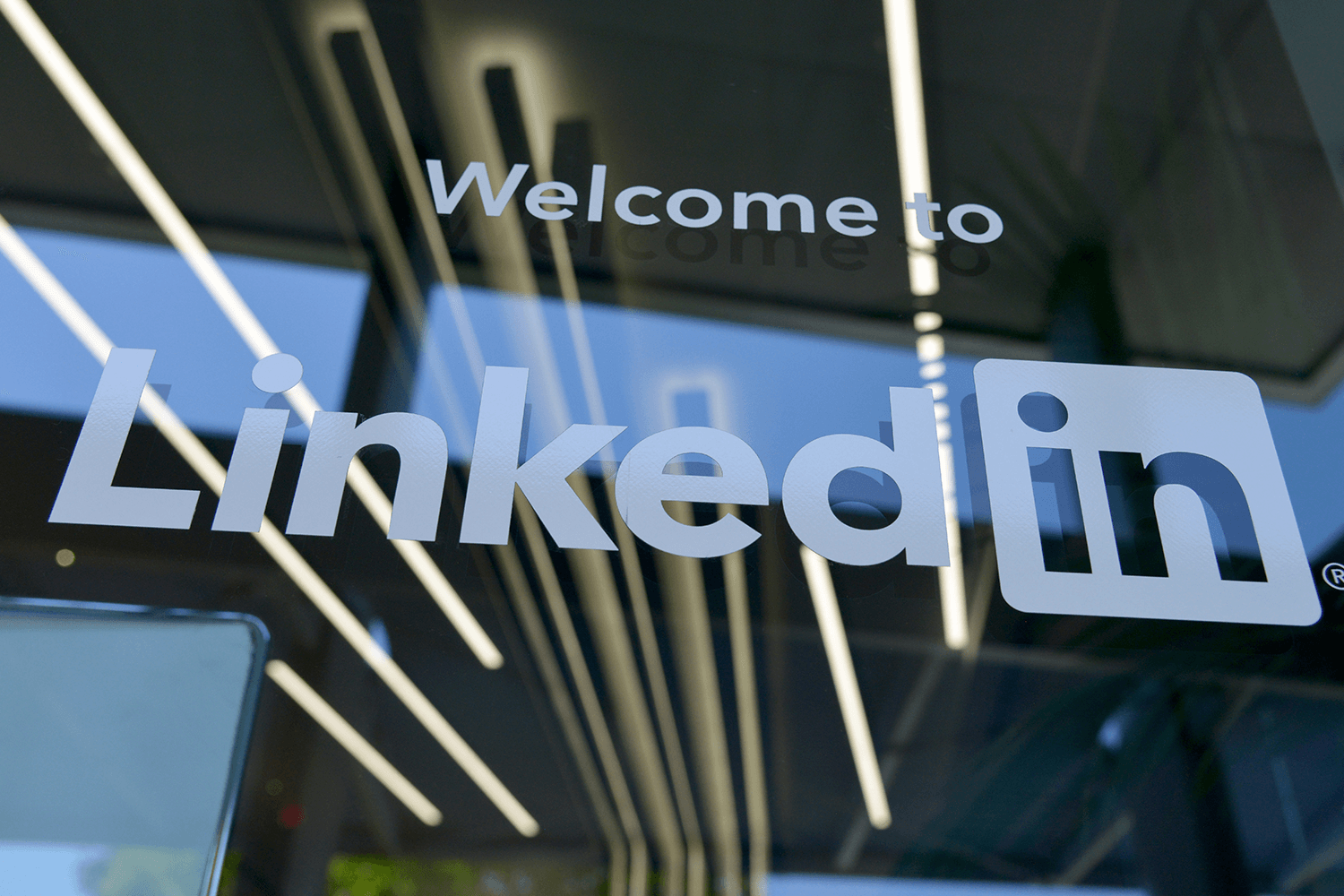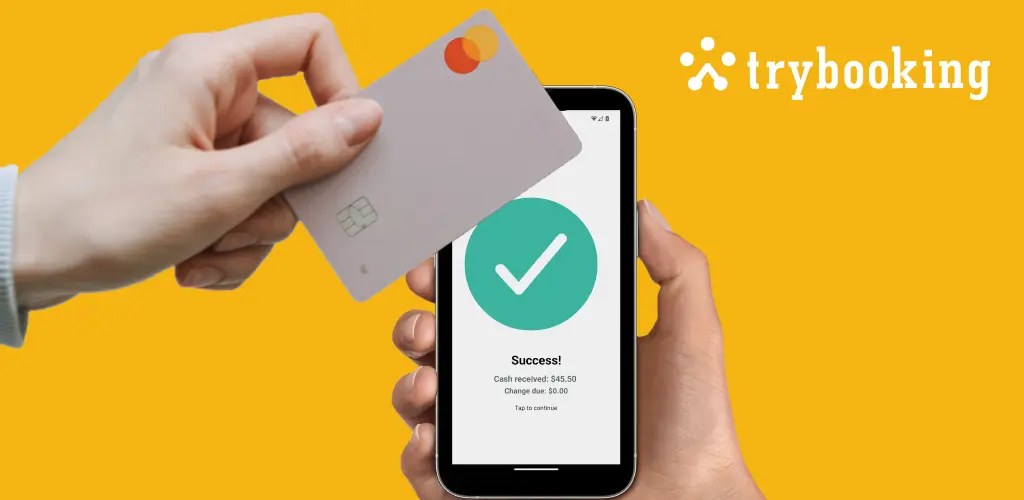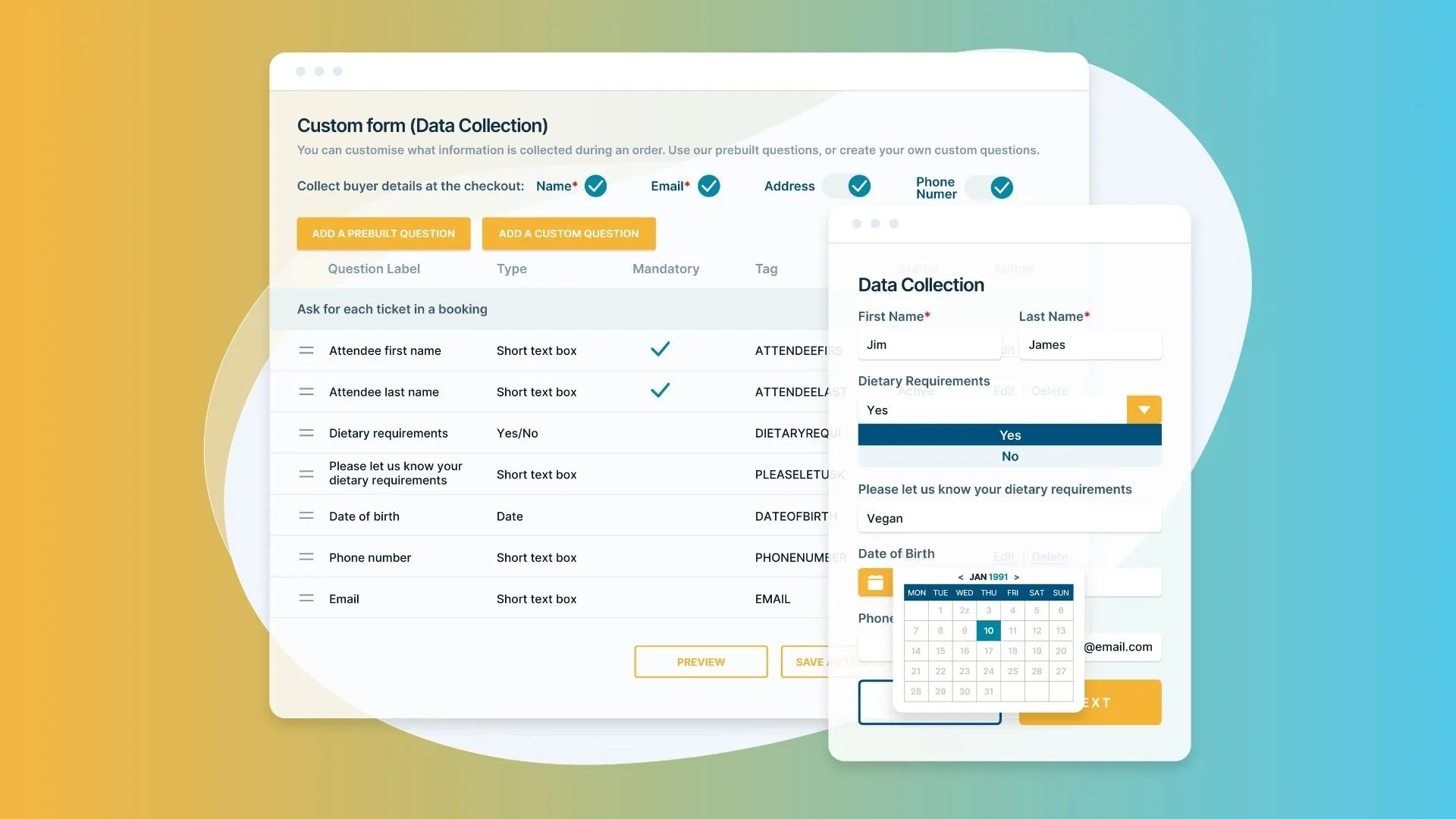An insight about online event ticketing fees within the industry
If you've ever found yourself navigating the world of online event ticketing, you're likely familiar with those pesky ticketing service fees that can feel like an unexpected expense. But fear not, because there's a more cost-effective way to manage your events, and we're here to spill the beans.
Let's delve into the realm of event ticketing fees – the ins and outs that can be both enlightening and frustrating. If you've been bothered by high fees, it's time to understand the intricacies and discover ways to make your event planning more budget friendly.
Unmasking the Fee Structure: A Behind-the-Scenes Look
Ever wondered about the rationale behind those additional charges? It's a bit like trying to figure out who took the last cookie from the jar. We're about to shed light on the details of ticketing fees and how they function. Brace yourself, because the revelations ahead might just save you some dollars and make your event planning a whole lot smoother.
4 Main Things To Consider When Looking At Event Ticketing Fees
- 1. The Layers of Ticket Pricing
- 2. Major Players vs. Local Providers
- 3. Escaping the Grip of Contracts
- 4. Taking Charge of Your Ticketing Journey
1. The Layers of Ticket Pricing
Let's delve into the complexity of event ticket pricing – it's like exploring the different layers of a cake, each with its own flavour and texture. We're about to uncover the details that might just make you the savviest event planner in town.
Processing Fees: This is where the ticketing company's cut comes into play. They're not just here to party; they're covering their admin, bank, and payment processing expenses. Now, consider this: Some companies, like Eventbrite, have recently introduced changes to their pricing structure. Take a gander at their updated fees, and you'll see that things aren't as straightforward as they once were.
Booking Fees: Ah, the cherry on top of the ticketing sundae! These fees get tacked onto the ticket price, and it's usually the attendees who foot the bill. But hold onto your hats, because Eventbrite's got a twist – a service fee of 4.25%, a process fee of 2.4% per order plus NZ$0.55 per sold ticket, and that's before adding the 15% GST that applies in New Zealand. It's like finding out there's a hidden layer in your cake you didn't expect.
The real kicker? These fees can pack a punch for both event planners and attendees. For planners, it could mean a tricky dance of adjusting ticket prices to accommodate these fees. And for attendees, the final cost might be higher than expected, like ordering a coffee and discovering it comes with a side of unexpected, whipped cream.
As we navigate the evolving landscape of ticketing fees, it's vital to stay informed and find the best fit for your event. Whether it's adjusting your budget or communicating transparently with your attendees, understanding the layers of ticket pricing can be your secret ingredient for a successful event.
2. Major Players vs. Local Providers
The size of the ticketing company matters, especially when it comes to fee structures. Big-ticket players and local providers have differing approaches to fees. The larger, foreign-owned companies might hit you with higher fees, while local legends like us at TryBooking aim to keep fees affordable and reasonable. With processing fees as low as a whisper and booking fees that won't break the bank (just 30 cents at checkout), we're proof that cost-effectiveness can be a reality.
3. Escaping the Grip of Contracts
Ever heard of lock-in contracts? They're agreements that can feel like getting trapped in a maze of fees. Some major ticketing companies strike deals with venues and event organizers to secure exclusive ticketing rights, but this often results in higher ticketing fees for attendees. It's a scenario that can stifle competition and limit choices.
4. Taking Charge of Your Ticketing Journey
Don't throw in the towel just yet! As an event planner, it's crucial to understand contract terms and explore alternatives. If you're an attendee feeling the weight of high fees, your voice matters. Leave reviews, communicate with ticketing companies, and share your experiences with others. Together, we can make a difference and foster a more transparent and reasonable ticketing landscape.
So, whether you're an event aficionado or a ticket purchaser, remember this: accessible event ticketing is within reach. Say goodbye to the frustration of high fees and welcome a world where your event planning aligns seamlessly with your budget. Here's to smooth ticketing and successful events!
Sign up today and try out a event ticketing provider that keeps their fees transparent.

Introducing TryBooking Box Office App Tap to Pay on Phone
Apr 01, 2024 · 1 min read






























